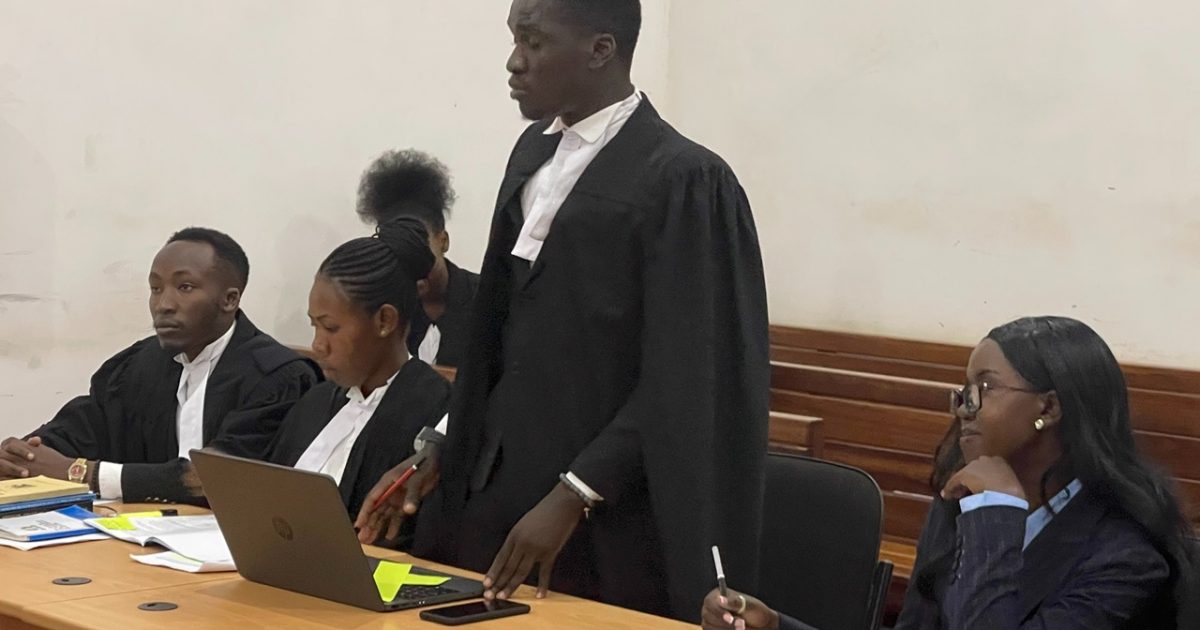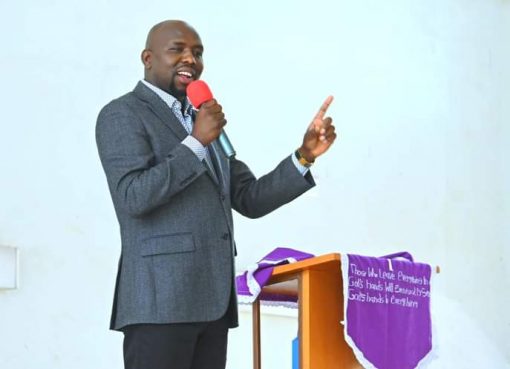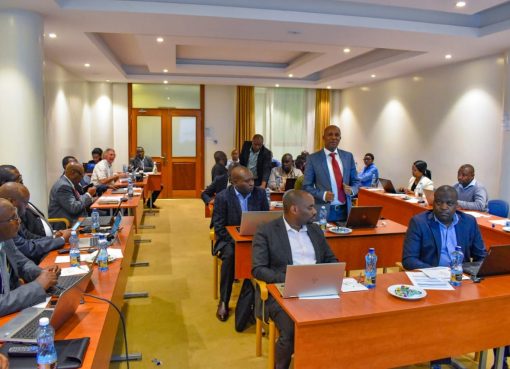Egerton University is the winner of the inaugural East African Moot Court Competition that was recently held in Arusha, Tanzania.
According to Dean of the Faculty of Law at the University, Dr. Ruth Aura, four of their law students, William Anthony Kanani, Evelyn Mogere, Said Salim, and Pauline Nduta, emerged the best in the contest, which saw the University grab its first-ever win.
Dr. Aura said the competition, hosted by the High Court of Tanzania in Arusha, brought together 16 law students from East African countries, including Tanzania, Kenya, and Uganda.
The Dean explained that the event, judged by the Pan-African Lawyers Union (PALU) and organised by the East African Law Students Association, provided a platform for law students to discuss and deliberate on matters concerning local contemporary issues, ranging from human rights abuse, the elections, and human-wildlife conflict, among others.
“The competition featured a rigorous debate on the laws and procedures of the East African Community (EAC) states and the East African Court of Justice (EACJ),” added Dr. Aura.
She was happy that the event provided a platform for law students to showcase their knowledge and skills in judicial proceedings, fostering a deeper understanding of the legal frameworks governing the EAC and EACJ.
The East African Law Moot Court Competition, Dr. Aura said, aims at enhancing the knowledge and skills of law students in the region regarding judicial proceedings of the EAC. PALU, which prides itself on nurturing the continent’s next generation of legal minds.
Dr. Aura said the competition brought together the best performers from various universities in East Africa and said her department started exposing their students to moot courts in 2012 in a move to sharpen their practical skills besides the theories learnt in class.
She stated that the moot competitions give the students a chance to participate in real life and were designed to equip law students with broad skills and knowledge that are applicable to both East Africa and the international legal arena.
According to the University’s Director of Marketing and Resource Mobilisation, Professor Nzula Kitaka, the forum was timely as it sought to address pertinent issues affecting Africa and the need to find lasting solutions to disputes through dialogue.
“This theme allowed law students to explore innovative solutions to the challenges of displacement and the protection of human rights,” he noted.
Professor Nzula said that the forum provided a platform for law students to interact and learn from different legal backgrounds, thereby enhancing their legal knowledge, research, and advocacy skills in a simulated courtroom setting.
The East African Moot Court Competition is expected to become an annual event where law students will be converging to share expertise in the legal discourse on contemporary legal issues in the region.
It is envisaged to provide an opportunity for law students across East Africa to engage in meaningful legal debates and further their understanding of regional law.
During Moot Court competitions, law students argue imaginary cases for practice, simulate court proceedings, draft memorials, and participate in oral arguments.
By Esther Mwangi




